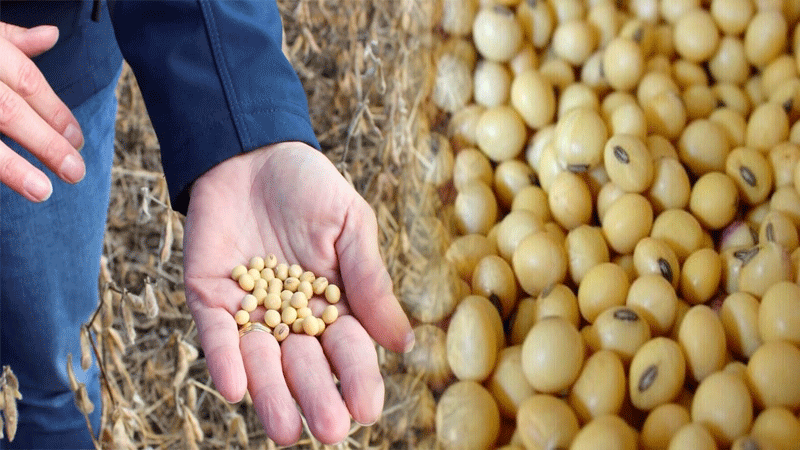Engr. Jawed Salim Qureshi claimed that approximately 31 mln acres of our country’s land are used for agriculture, and that out of this total, wheat is sown on over 21 to 22 million acres.

Stakeholders have proposed creating a separate ministry to work on researching more potent seeds from around the world or developing locally with more per acre yield, resistance to various diseases, and resistance to climate change with cooperative efforts of the public-private sector to ensure food security.
According to Convener Sub-Committee of the Provincial Committee on Seed, Engr. Jawed Salim Qureshi, “There is a hue and cry for ensuring food security but regrettably we cannot develop any new seed since last 70 years with a quantum jump in the production while the bedrock of a thriving agriculture sector is a good quality seed.”
He claimed that approximately 31 million acres of our country’s land are used for agriculture, and that out of this total, wheat is sown on over 21 to 22 million acres.
“We have access to water and fertile land, but we lack the potent seeds that, more than any other factor, determine the quality of a crop’s output. The availability, affordability, and accessibility of high-quality seeds for agricultural production are referred to as seed security.”
This includes not only the actual seed but also the information and tools required to cultivate, preserve, and disperse it.
Lower crop yields, decreased nutrition, and increased susceptibility to pests and diseases can result from the loss of seed diversity and the prevalence of poor-quality, low-yielding seeds.
He claimed that the Chinese received 70 maunds of wheat per acre from a canal-fed area, compared to our 32 maunds and 15 to 18 maunds from rain-fed areas. He added that our country’s average is 28 to 29 maunds per acre.
Punjab was of the opinion that the government should establish a ministry called “Seed Security” on the model of the Ministry of Food Security & Research that should look for potent seeds of every crop around the world having more production than what we are getting in Pakistan.
Engr. Jawed Salim Qureshi was given the task by the Governor of Punjab to compile recommendations for promoting agriculture in Punjab.
The speaker argued that by increasing wheat production from 32 maunds per acre to 40 maunds per acre, they can save billions of dollars and gain additional 31 million metric tons of wheat.
He also suggested that government should bring the best seeds from around the world or ask big companies to bring such seeds. He said that the government should either bring the best seeds from around the world or ask the big companies to bring such seeds.
The best seeds should be analysed globally and brought to Pakistan along with the latest technology by a delegation. He cited the imported hybrid maize and rice seeds as an example of a turnaround.
According to Engineer Jawed Salim Qureshi, we should concentrate on agriculture because it might help our economy turn around in two years.
He argued that the government shouldn’t overregulate the agricultural industry and shouldn’t use GMOs, which have the potential to double current yields. Without paying attention to agriculture, he claimed, Pakistan’s economy could not be strengthened.
“To prevent duplication of effort at the provincial level, representatives of the provincial government should be included in the Variety Evaluation Committee (VEC), which conducts trials of new potent seed varieties. Provincial authorities rely on the data generated by them.
Provincial governments should also compile information on new seeds, and there should be a meeting to review each crop in order to permanently approve the commercial sowing of any seed.